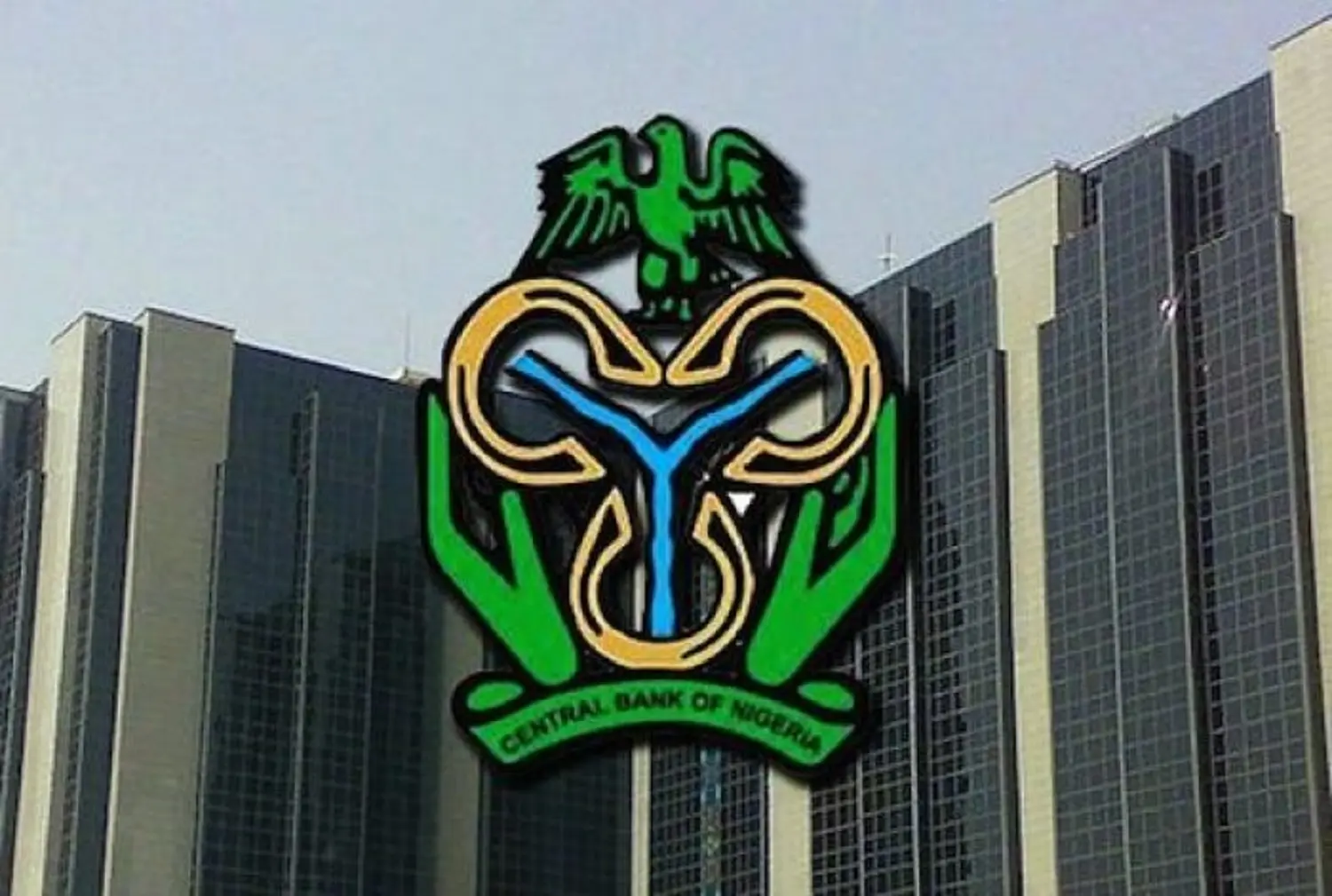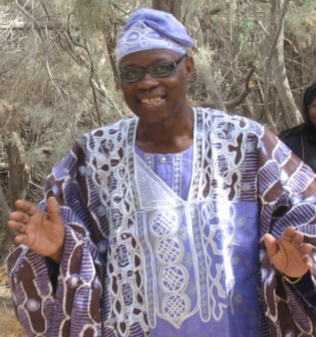
Breaking News: Unilorin Alumi Association: 'We were warned' - Opinion
Breaking News: Breaking: Court Restrains Oyo Assembly from Further Impeachment Process Against Makinde’s Deputy, Olaniyan
Breaking News: Labour leaders physically assault Ogun journalists for covering strike, harass hospital workers
Breaking News: Congratulations Asiwaju – Osinbajo’s spokesperson accepts defeat
Breaking News: Finalissima: Messi steals show, beats European Champion, Italy
Islamic Development Bank, IsDB, has approved a total of $1.8b to finance the 2023 Nigeria budget, projects and other economic activities.
IsDB’s President and Chairman, Dr. Mohamed Suleiman Aljasser, announced the $1.8 billion in Abuja, Monday, when he visited the Minister of Finance, Budget and National Planning, Zainab Ahmed.
The visit to the Minister was prior to launching of Special Agriculture Processing Zone, SAPZ, in Nigeria.
Giving a breakdown of how the financing was carried out, the IsDB boss said $971 million of the facility went to budget financing, $288 million was provided by the Islamic Corporation for the Development (ICD), “our private sector affiliate”.
According to him, $477 million was channeled to trade operations “by our trade arm, the International Islamic Trade Finance Corporation (ITFC), and $90 million from other Islamic Development Bank funds and operations.
Led by the African Development Bank, afDB, the IsDB and International Fund for Agricultural Development would be committing $520 to the development of the SAPZ in Nigeria.
Aljasser said: “The Islamic Corporation for the Insurance of Investment and Export Credit (ICIEC) our investment guarantee arm has provided $1.1billion as business insured and another $1billion as a new insurance commitment to help attract businesses and insure them.
“The IsDB is keen to continue to engage Nigeria on its strategic priorities areas such as economic and social infrastructure, and advisory support for strengthening Islamic financial services.”
He also pledged the bank’s commitment to assist Nigeria to deal with the recovery phase of COVID-19, including providing support to the private sector to create and revive economic growth.
Speaking on the SAPZ, he said 190-kilometre of rural roads will be constructed to support small and medium scale farmers.
He appealed to the minister of finance to facilitate the allocation of land to the bank to put up a befitting building that will serve as the regional head of the bank in Africa.
“Nigeria is the largest office outside of the bank’s head office in Jedda thus we will need a piece of land to build a permanent office in Abuja,” Aljasser said.
The President of the AfDB, Dr Akinwunmi Adesina said the Bank will also provide $210 million for the development of the SAPZs in Nigeria, which he said Islamic Development Bank (IsDB) is co-financing with $150 million, and the International Fund for Agricultural Development (IFAD) is also co-financing with $160 million.
He said: “The SAZPs are new economic zones, located in rural areas, to be fully supported by infrastructure (power, water, roads, digital infrastructure, and logistics) that will allow food and agribusiness companies to locate within such zones.
“This will put them close to farmers in production catchment areas, provide market offtakes for farmers, support processing and value addition, reduce food losses, and allow the emergence of highly competitive food and agricultural value chains.
“The African Development Bank is providing $210 million for the development of the SAPZs in Nigeria. It will transform the food and agriculture sector. They will attract private agribusinesses to locate in infrastructure-enabled rural areas.
“Nineteen additional state governments have indicated interests to also establish special agro-industrial processing zones while several private sector firms, domestic and foreign, have already expressed keen interests in locating in these zones.”
He cautioned that “states will require competent and experienced private sector developers, facility managers and operators to complete necessary infrastructure and logistics within their respective special agro-industrial processing zones”.
Adeshina, whose brainchild it was to create the Special Agriculture Processing Zones (SAPZs), described how he, as Nigerian Minister of Agriculture, was able to overcome the challenge of the 2012 flooding.
The AfDB president said, “I had to deal with the worst floods in Nigeria when I was minister of Agriculture. We responded very fast, launched the nation’s first dry season farming programme, and produced so much food in the dry season. We turned the flood into a new opportunity and Nigeria avoided a food crisis.
“Floods may wash away some land and harvests, but we must not let the hopes of farmers be washed away.”
Adesina said further, “We are engaged in other areas like education and health and we are looking forward to entering the food sector as there is a $10billion facility Nigeria can benefit from.”
Mrs. Zainab Ahmed said: “The SAPZ is a complete value chain programme that will be implemented in Cross River, Imo, Kano, Kaduna, Oyo, Ogun states and the Federal Capital Territory (FCT).”
Newsletter








We are not gonna make spamming
Copyright By @ HorizonTimes - 2026
BACK TO TOP